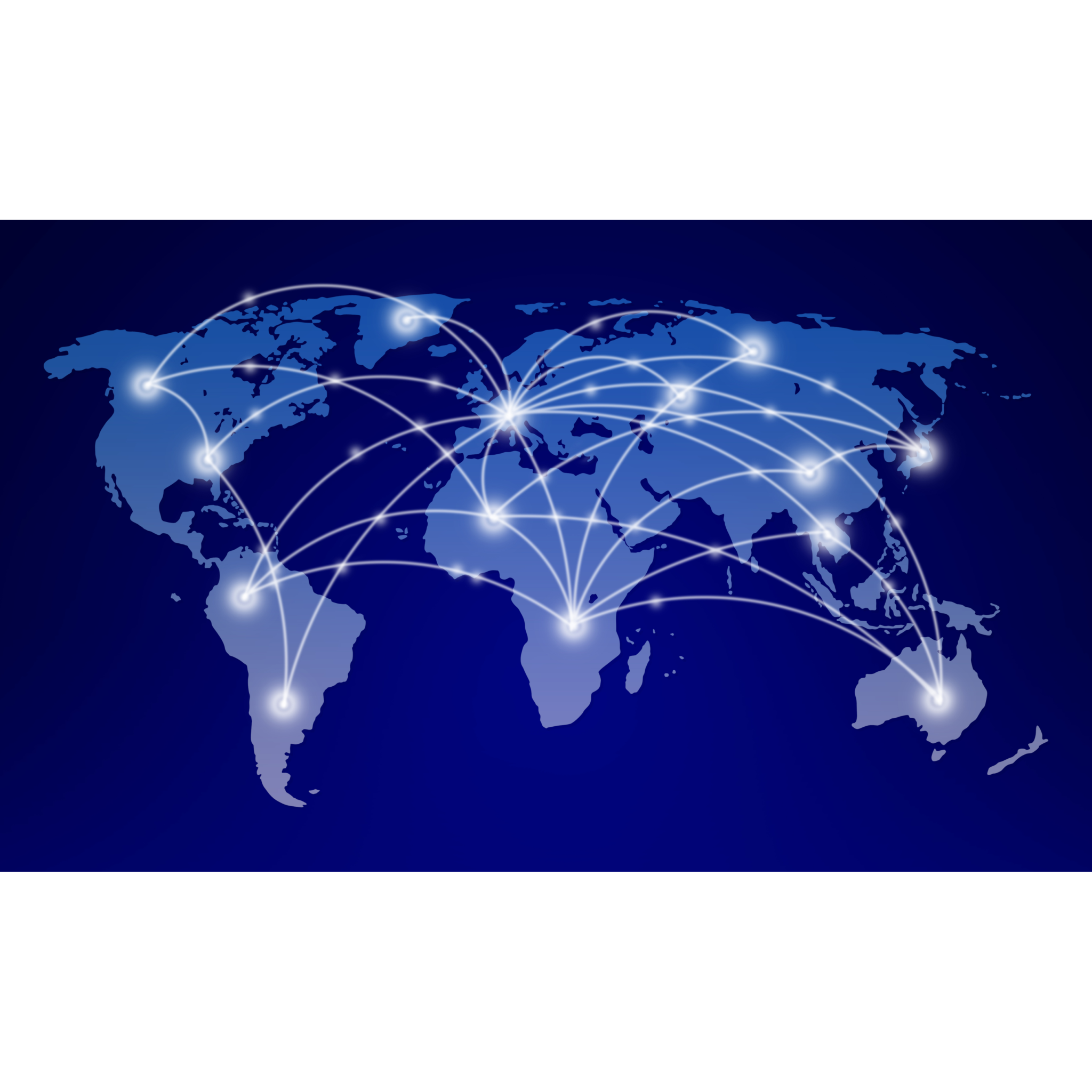Throughout history, human rights have become relevant in the dignity of human beings; for this reason, states have responded to the construction of legal systems based on this doctrine in order to create free and just societies. Likewise, the various international organizations have played a vitally important role in laying the foundations of strategies that allow cooperative work to be carried out with the aim of respecting, protecting and guaranteeing these prerogatives.
Nations at this time are facing relevant changes in the political, economic, social and cultural system, radical transformations that demand a firm response from public institutions, citizens, social activists and society in general, actions that make possible the dignification of human life.
This diploma course will allow the student to learn the basic principles that underpin human rights from a biblical, historical and academic perspective, identifying the different philosophical currents, protection mechanisms and identifying the contexts of violation of these and the ways of defense.

Consequently, participants will be able to clearly identify what is a human right and what is not, as well as promote, act and defend them, with the purpose of strengthening social activism, legal advocacy and teaching towards Latin American communities and create a construction that sustains the development and wellbeing of the individual and communities.
THEMATIC UNIT 1: HUMAN RIGHTS AND THEIR FOUNDATIONS
THEME 1: Introduction, foundations and biblical characteristics of Human Rights.
THEME 2: Historical construction and Naturalistic Vision vs. Positivistic Vision of Human Rights.
THEME 3: Characteristics from the biblical-historical, juridical and political perspective of Human Rights.
THEMATIC UNIT 2: HUMAN RIGHTS PRACTICE -CONSTITUTIONALISM AND ITS FUNDAMENTAL CONSTITUTIONAL GUARANTEES
THEME 1: Foundations and Purpose of Constitutionalism and the Rule of Law in the Protection of Human Rights.
THEME 2: Constitutional Guarantees and Fundamental Constitutional Rights. Human Rights and their application to the exercise of Crime and Punishment.
THEME 3: Exercises of Fundamental Constitutional Rights and Guarantees at the local and international level.
THEMATIC UNIT 3: INTERNATIONAL LEGAL SYSTEMS OF HUMAN RIGHTS
THEME 1: Universal Human Rights Protection System, Regional Systems and Inter-American Human Rights System.
THEME 2: Main instruments and mechanisms for the protection of Human Rights.
THEME 3: International Laws and Treaties. -What are governments looking for?
THEMATIC UNIT 4: FUNDAMENTAL HUMAN RIGHTS: FREEDOM OF CONSCIENCE, RELIGION AND EXPRESSION
THEME 1: Biblical foundation and historical legal background of the Rights to Freedom of Conscience, Freedom of Expression and Religious Freedom. The Philosophical Perspective of the Rights to Freedom of Conscience and Religious Freedom as a fundamental right.
THEME 2: Legal background and legal basis that contemplate the development of the Rights to Freedom of Conscience, Expression and Religious Freedom.
THEME 3: International Treaties on the Rights to Freedom of Conscience, Expression and Religion. Normative regulation and incidence of the Inter-American Human Rights System.
THEMATIC UNIT 5: THE RIGHT TO LIFE AND THE RIGHTS OF PARENTS TO EDUCATE THEIR CHILDREN
THEME 1: Biblical foundation and interpretation of Biblical Justice, based on the Right to Life and its historical legal antecedents. -Philosophical perspective of the Right to Life.
THEME 2: Legal background and legal basis for the development of the Right to Life. -International Treaties.
THEME 3: Normative regulation and incidence of the Inter-American System of Human Rights (SIDH).
THEMATIC UNIT 6: EDUCATION RACISM, DISCRIMINATION AND GENDER IDENTITY FROM A HUMAN RIGHTS PERSPECTIVE
SINGLE THEME: Analysis of Latin American legal norms regulating racism and all forms of discrimination. Legal regulation and incidence of the Inter-American Human Rights System in the regulation of education, racism, discrimination and gender identity as human rights.
Accreditation
UNIVERSITY DIPLOMA IN HUMAN RIGHTS
AWARDED BY THE INSTITUTO UNIVERSITARIO ANTONIO CASO DE MÉXICO
SPECIAL SCHEME
TAPACHULA, CHIAPAS
Our work
Personalized leadership and professional development for each individual.
You need individuals with the skills that will help you transform your business. Through technology and biblical models (servant leadership) we can customize leadership development for each individual in your area, ministry or organization, from your core team to recent graduates. The result? Leaders and teams that reach their potential and help your movement achieve God’s dream and your local goals at the same time. We do this in three main ways:
1. Leadership development – Developing agile leaders who can lead teams through change and strategically implement positive projects in society’s spheres of influence.
2. Training and certifications – Certification training for leadership training, coaching and project management.
3. Coaching – Personal and professional coaching to strengthen leaders, uncover blind spots and change behaviors.
Our mission
Form and build networks among applied biblical worldview professionals to accelerate and amplify the national and urban transformation we all long to see.
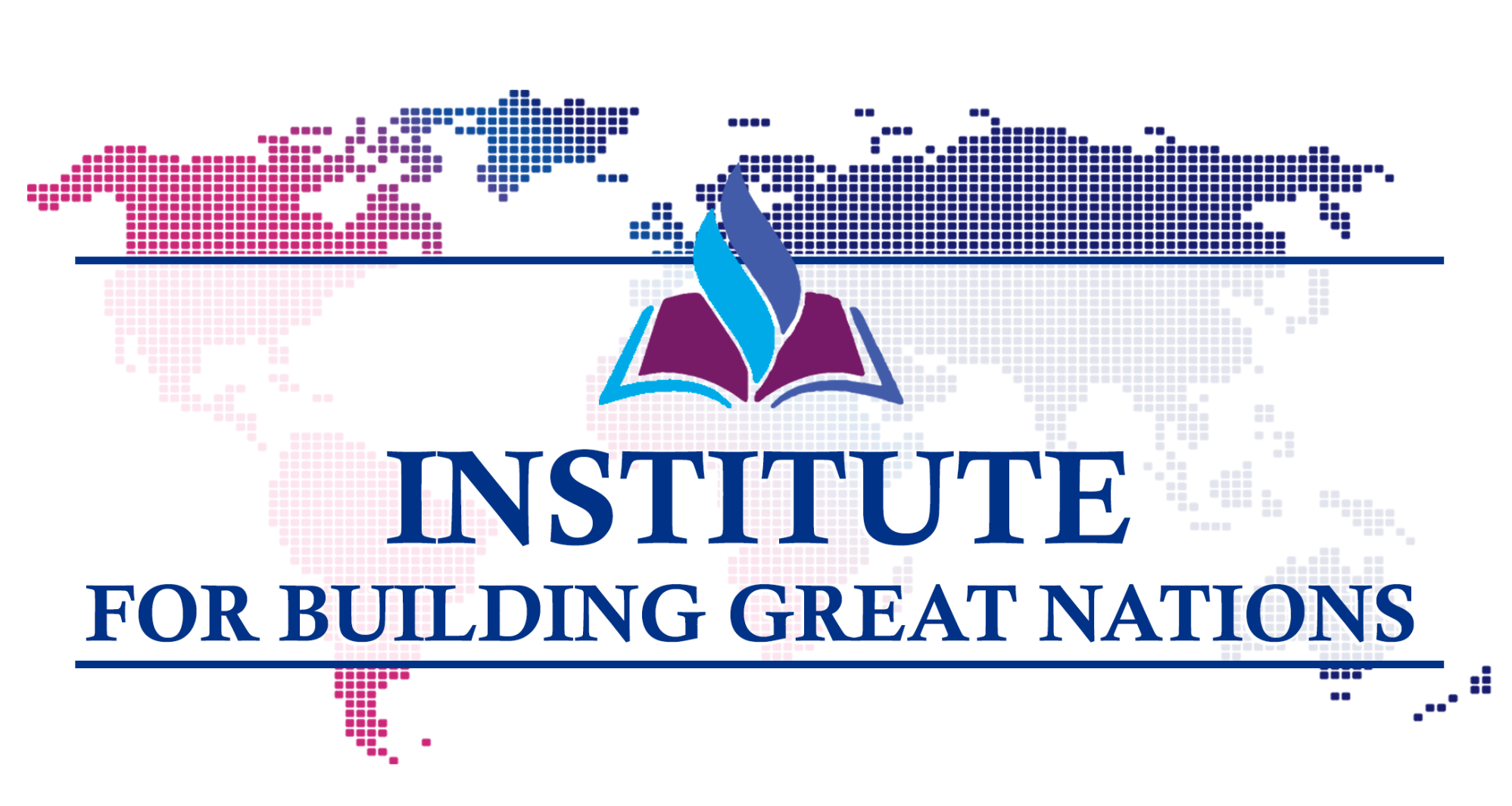

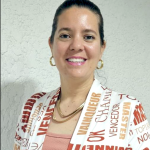
 MARGARITA DEL REY (Teacher)
MARGARITA DEL REY (Teacher)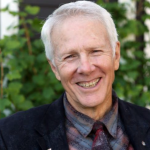 JOHN EIDSMOE (Teacher)
JOHN EIDSMOE (Teacher)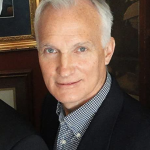 STEPHEN MCDOWELL (Teacher)
STEPHEN MCDOWELL (Teacher)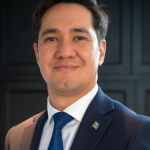 LUIS LAM (Teacher)
LUIS LAM (Teacher) PAUL JEHLE (Teacher)
PAUL JEHLE (Teacher) JESSICA PÉREZ (Teacher)
JESSICA PÉREZ (Teacher) MÓNICA GAITÁN (Teacher)
MÓNICA GAITÁN (Teacher)
